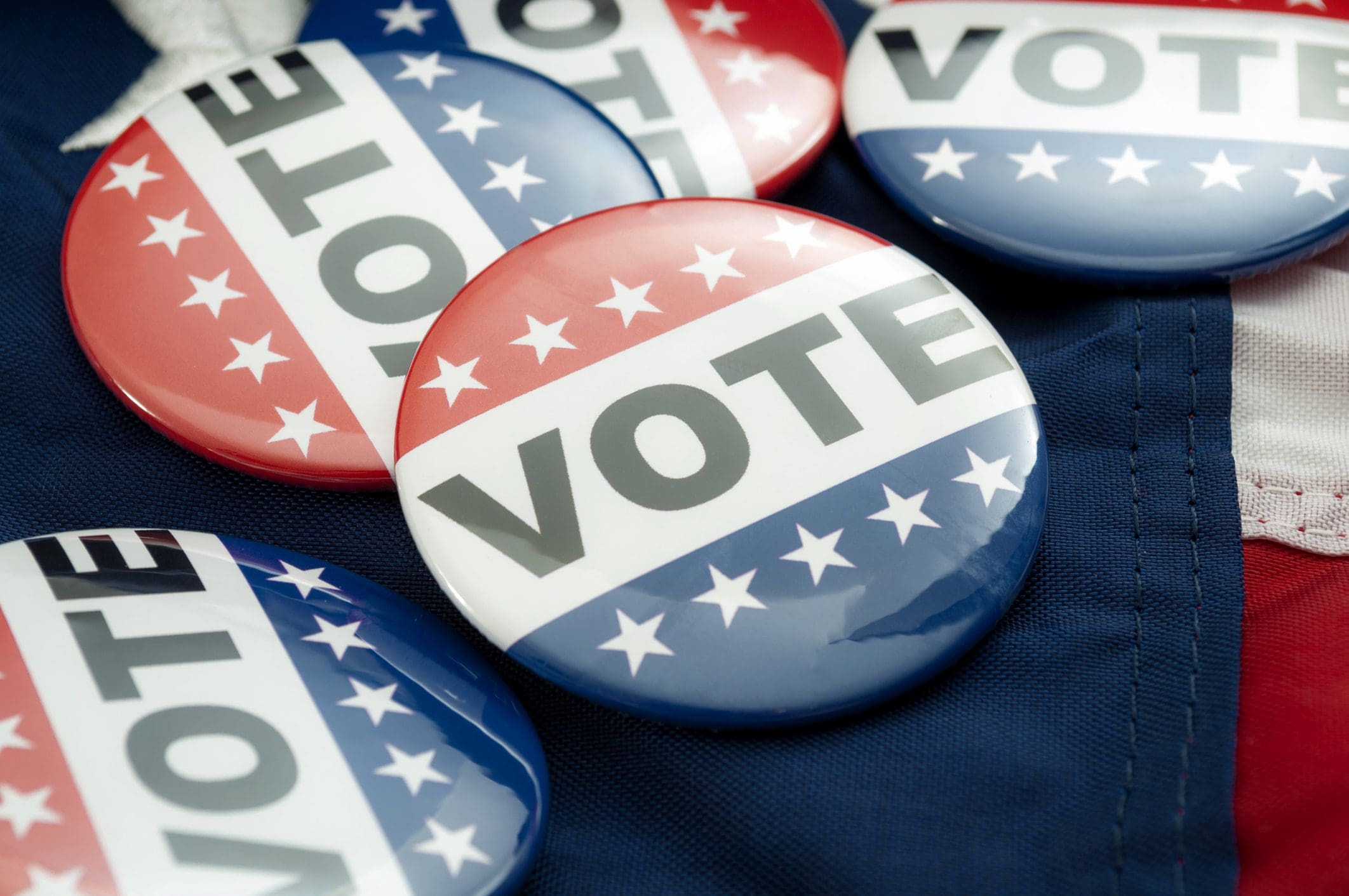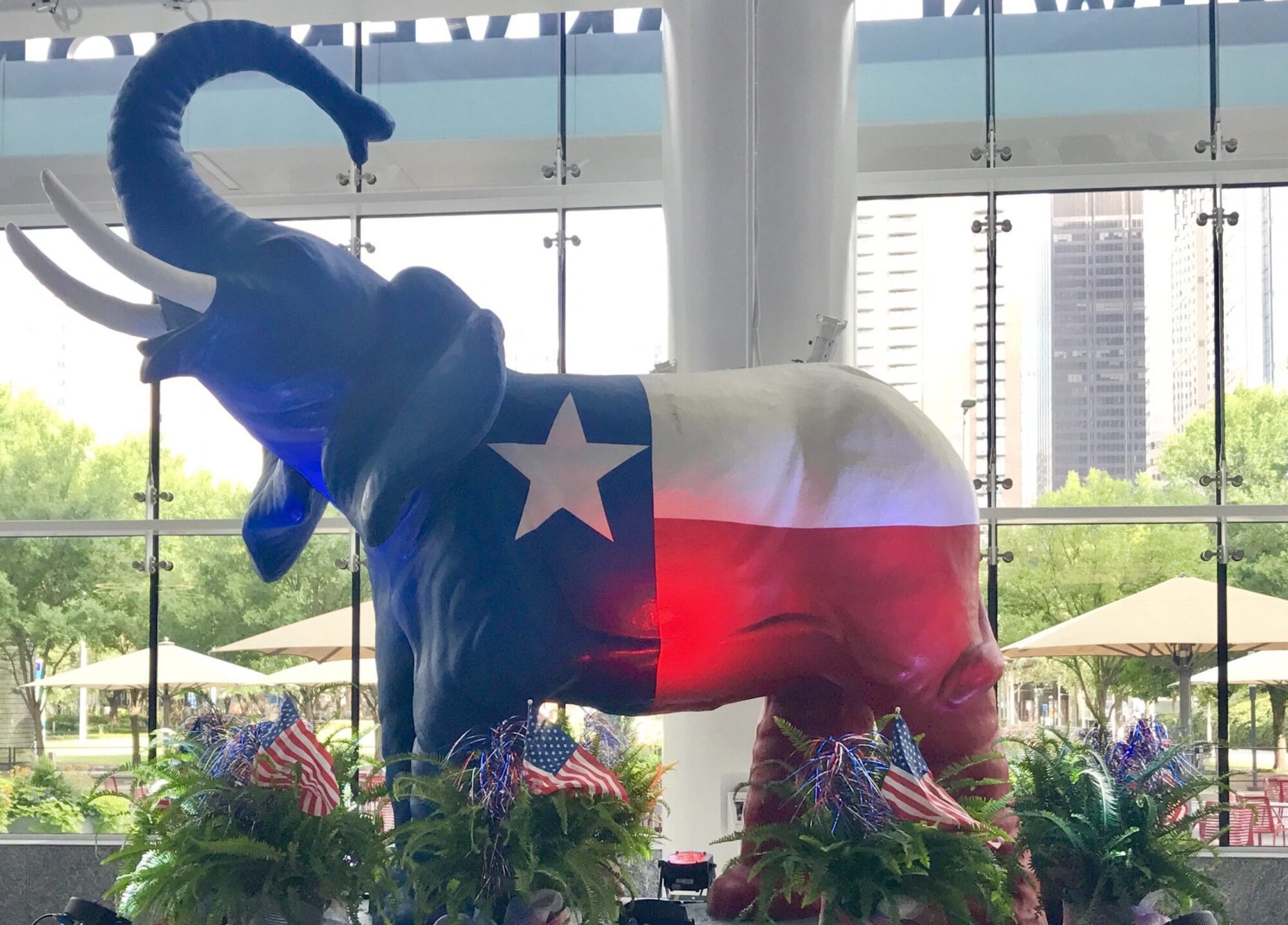As the 2024 election season begins, citizens remain concerned with election security.
Abbott Vetos Online Voting
Following the first regular legislative session of 2023, Gov. Greg Abbott vetoed House Bill 3159, a measure that would have allowed the blind to vote online.
In vetoing the bill, the governor cited its vague wording and the potential for unintended consequences.
The bill was authored by Jeff Leach (R-Plano) and John Bucy III (D-Austin). Bucy criticized the veto on X (formerly Twitter), claiming Abbott missed out on passing some “really forward-thinking policy.”
Election integrity watchdogs were critical of the bill for this progressive approach; allowing blind voters to cast ballots online was seen as a gateway drug to full-blown online voting in Texas.
The veto indicates a cautious approach toward introducing new voting technologies and methods, which can be susceptible to security concerns and technical challenges at a time when distrust in systems is already high.
Democrats Sue for Universal Mail-in Voting and to Overturn Voter ID
Democrats have sued Texas to remove age limits to vote by mail. Lower courts have rejected legal arguments in support of universal balloting by mail. Now Democrats are going to try their luck at the Supreme Court.
It has long been established that voting by mail is more vulnerable to fraud and abuse than in-person voting.
Another Democrat lawsuit to undermine mail-in ballot security is winding its way through the courts. In August, a federal judge ruled that Texas’ newly enacted Voter ID law for mail-in ballots was unconstitutional.
At the time of the ruling, Christine Welborn, executive director of Advancing Integrity, said this ID requirement “is for the protection of the vote” and that the requirement for ID and signatures required for voting in-person “ought to apply to voting by mail.”
Harris County Issues Persist
The most populous county in Texas has been racked with election administration issues in recent years, and 2023 was no exception.
The county was sued following local elections after voters across the city of Houston encountered issues casting their votes. Following the election, counts did not come back in a timely manner, and records were incomplete and irreconcilable according to election contests.
These issues led grassroots activists to call for an audit of the election by Secretary of State Jane Nelson, a process which her office launched.
Although the final audit has not been returned, preliminary results validated concerns voiced by Republicans and Democrats alike.
The audits’ findings revealed problems with voter registration data, inadequately supplied polling places, equipment malfunctions, and incomplete paperwork.
Election Security Wins and Near Wins
Legislation removing Texas from the Electronic Registration Information Center, the controversial interstate voter roll cross-check system, did pass both chambers. This was a priority of the Texas GOP.
In passing HB 1243, Texas also restored illegal voting to a state felony. This action was needed following the passage of Senate Bill 1 during a special session in 2021. During debate on that measure, Steve Allison (R-San Antonio) offered an amendment that lowered the penalty for voting illegally from a felony to a misdemeanor.
Nearing the end of the session, Democrats in the House killed a constitutional amendment that would have barred non-citizens from taking part in elections. The amendment failed to reach the 100-vote threshold by 12 votes, with 54 Democrats voting present.
While the 88th Legislative Session wasn’t devoid of election security legislation, with some wins, more work remains to restore confidence in Texas’ elections.
No ads. No paywalls. No government grants. No corporate masters.
Just real news for real Texans.
Support Texas Scorecard to keep it that way!





